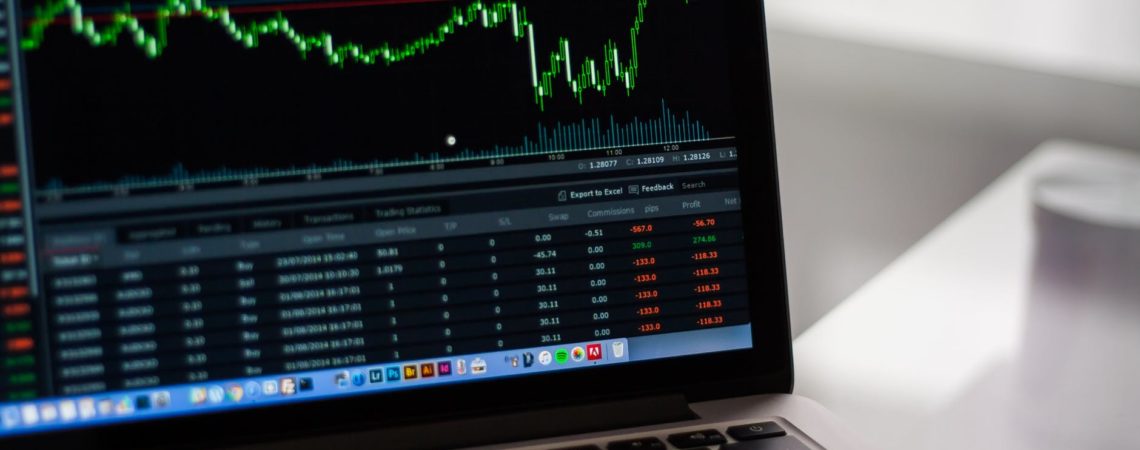The world’s largest hedge fund founder, Ray Dalio, appeared on CNN last Sunday and talked with GPS host, Fareed Zakaria, about his thoughts on the economy. Ray Dalio is a source cited by BAM’s own Ivan Barratt, as he deepens his own understanding of national and global economic factors at work. We look at some of the concerns Dalio raised about current trends impacting the national and world economy in today’s BAM blog…
Impressive Background
Ray Dalio founded what is now the world’s largest hedge fund, Bridgewater Associates, in the mid- 1970s. According to Bridgewater’s own site data, they manage over $150 billion in global investments. Ray Dalio has published books, including New York Times #1 Bestseller Principles and newly-published Principles for Navigating Big Debt Crises. Dalio also gives frequent interviews, appears on numerous podcasts, and has given a well-publicized TED talk.
Factors that Can Lead to Economic Instability
Host Fareed Zakaria noted that due to the country being in such a sustained period of growth (114 months), many economists anticipate an impending period of recession. He introduced Ray Dalio by stating that many of the measures governments can use to weather the storm of recession are already in place – and that Dalio sees that as a problem, especially given the current national and global political climate.
Debt: We already have plenty of debt in economic sunny weather; in an economic winter, debt is usually taken on and the Central Bank lowers interest rates. Currently, we don’t have much room to move and if the economy were to hit bad weather, there wouldn’t be much wiggle room which Dalio sees as a concern.
Wealth Gap: Dalio says that the wealth gap very closely mirrors that of the 1930s (which is not ideal for students of history!) in that the country’s top 1/10th of 1% of the population’s net worth is equal to the bottom 90% combined. He explains that this has led to the rise in populism, which we’re seeing not just in America but around the world. He went on to say that populism leads to nationalism, which in turn leads to greater risk for external conflict and economic turmoil.
China: Dalio says that China is a rising competitor which also causes conflict in the “game” for world power. He notes that China is currently close to the same size as America economically; however, because they’re growing at a faster rate, China will be larger than the U.S. There is competition and there will be necessary conflict. Dalio’s concern is that when the term “war” is used, whether it is trade war or capital war that it means the “exchange of harms.” To him such reciprocal threatening is a very “dangerous path.”
Conflict Gauge: Ray Dalio describes the conflict gauge created to measure various conflicts/threats, and he notes that it is higher than any point since right after WWII. According to Dalio, this is due to more internal conflict, polarity, and inability for bipartisan decision making. He notes that this is not just an American problem, but a global problem. Dalio says that there is less compromise on a world scale and this is a negative for any economy.
Final Thoughts: Dalio closed out his interview by saying he’d prefer to hear the term negotiation instead of war.
BAM Bottom Line: As we’ve written about extensively, there is no doubt that a downturn will occur – although plenty of experts have spent a lot of time trying to predict when that will be. In fact, our recent article reported on experts who thought we’d see a downturn no sooner than 2020 because, although there are some factors that could indicate a downturn, other factors are in better shape and balance them out. While you personally may have little influence over major geopolitical factors, what you can do is ensure that your portfolio can thrive regardless of whatever economic weather is outside. We recommend going to ivanbarratteducation.com for a library of free videos and articles which include how to find good deals in any market and where Ivan himself discusses being in a good position for the inevitable downturn – whenever it comes.



